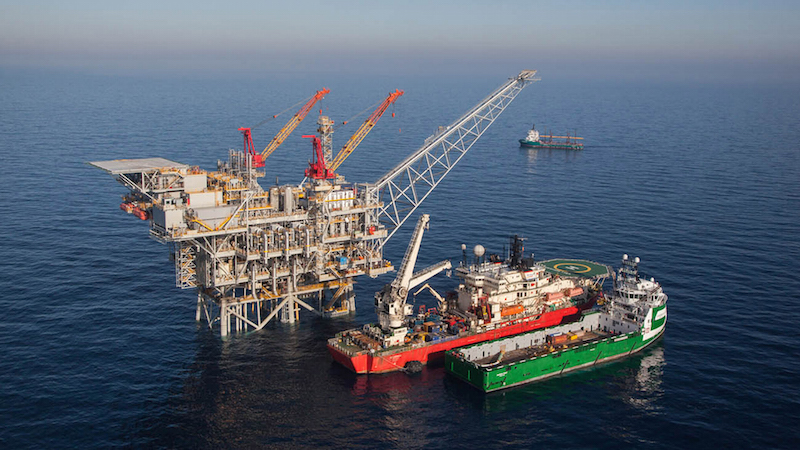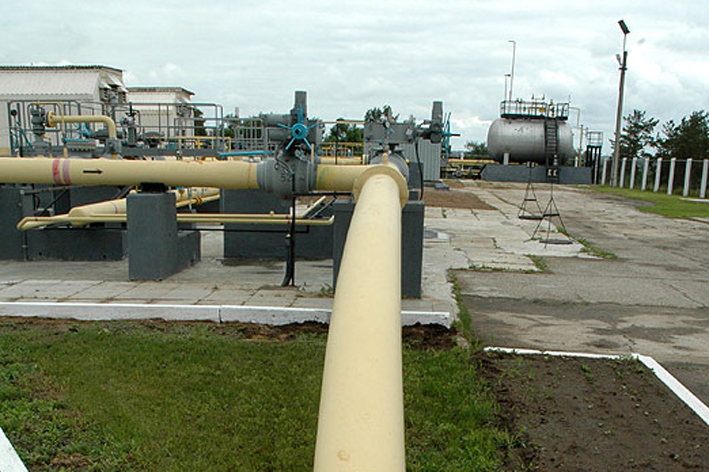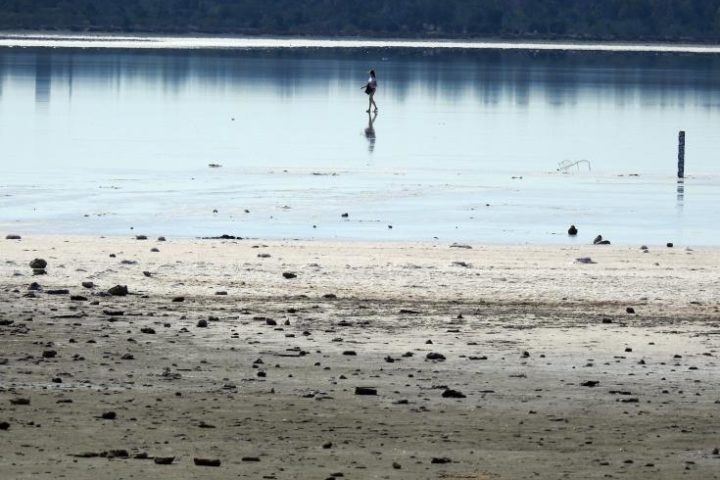Energy markets were quite volatile over the last few weeks, as the EU issued a new efficiency directive which sets 11.7% total energy consumption reduction target by 2030.
This will put increased pressure on natural gas use in Europe.
Eight international associations and trade organisations sent a joint letter urging the G7 nations, including the EU, to affirm the role of natural gas and LNG in meeting energy security and climate objectives.
Given RES intermittency, this is essential in meeting energy security and climate objectives, but the EU is going in the opposite direction.
EU member states agreed to push for the worldwide phaseout of fossil fuels at COP28. It is part of the EU’s promise to support and accelerate the energy transition ahead of the climate summit in Dubai this November.
After the turmoil of the energy crises during the last few years, governments and energy companies are now reaching for words like “balance” and “orderly” as they map out the future of energy transition.
But the risk of disorderly transition remains.
The European Commission (EC) is about to unveil electricity market reform proposals. It plans to bring more stability into the EU electricity market – greater use of long-term electricity contracts and a renewed focus on demand reduction measures. The role of nuclear is still unclear, but will probably have a role.
On the other hand, Shell’s new CEO, Wael Sawan, sees energy supply “complacency”, with the EU depending on ‘luck for strategy.’
Energy transition
He said Shell is not going to determine how quickly the energy transition happens, but there is a role for oil and gas. He said energy transition will be determined by demand, not by supply.
Sawan also said Shell would “think twice” about investment in Britain. He has warned that the US is more attractive for investment than the firm’s home base of the UK.
European energy prices jumped amid concerns about France’s nuclear fleet and disruptions due to widespread strikes.
Clearly, Europe has not yet got to grips with energy. There is still some way to go, with energy remaining expensive – three-times higher pre-Covid – making EU industry uncompetitive.
Europe is struggling to compete with the US on green subsidies. VW’s choice of a battery factory in North America highlights risks of losing talent and technology across the Atlantic, as more EU industries are considering relocation to the US, even to China and the Middle East.
In response, the EU is drafting its own ‘Net Zero Industry Act’, but it runs the risk of reviving past failures. It is deeply worrying that the policy objectives in the leaked draft are highly protectionist.
In an encouraging development, Germany said it will “acknowledge and not oppose” plans to recognise the contribution nuclear energy is making to the EU’s decarbonisation objective.
The EU plans to expand its capacity to receive LNG by almost a third by next year as it presses ahead with replacing pipeline supplies from Russia. But this is at a cost, with gas prices staying high for longer. impacting EU competitiveness and consumers.
The EU needs a longer-term solution that will bring energy prices down.
Down from peak
European energy costs are down from their peak last year, but still elevated.
As a result, the European Commission will propose extending emergency gas demand reduction measures until next year to ensure it is well prepared for the coming winter. For 2023, the IEA expects European gas demand to dip by 3% after having fallen by 13% in 2022.
The IEA said natural gas markets remain “uncertain” amidst Russian actions and fluctuating energy prices. Natural gas markets worldwide continued to tighten last year despite global consumption declining by an estimated 1.6% in 2022.
Europe was quite lucky this winter.
EU scientists say the continent had the second-warmest winter on record. Quite fortuitous in an energy crisis, limiting natural gas and energy consumption. But it may not be the case during the next winter.
Widespread drought may produce problems during the summer with reduced hydropower and nuclear due to lack of cooling water. This may put pressure on natural gas to cover the power deficit.
The EC is urging EU countries to phase-out huge energy subsidies, saying support should be focused on the poorest consumers.
ExxonMobil CEO Darren Woods told the EU its “punitive” energy policies are prompting the oil majors to reevaluate where they allocate investment.
The new European ‘energy normal’ remains rather painful. European energy costs are down from their peak, but still elevated.
EU fossil fuel imports more than doubled from €270 bln in 2021 to over €580 bln in 2022.
As the EU looks for replacements for its energy supply, when weighing the geopolitical risks it needs to avoid falling out of one dependency and into another.
Dr Charles Ellinas is Senior Fellow at the Global Energy Center, Atlantic Council
Tw: @CharlesEllinas










